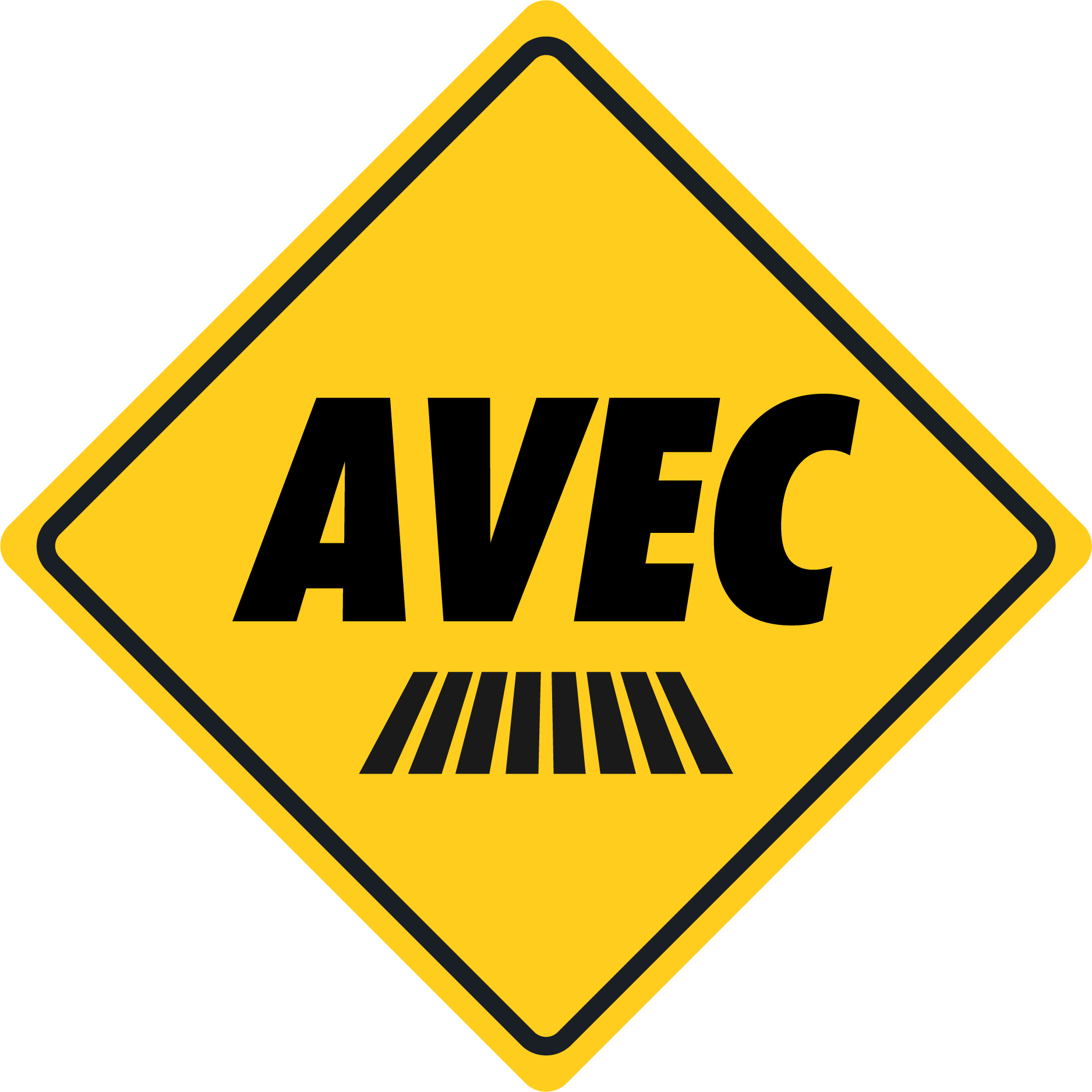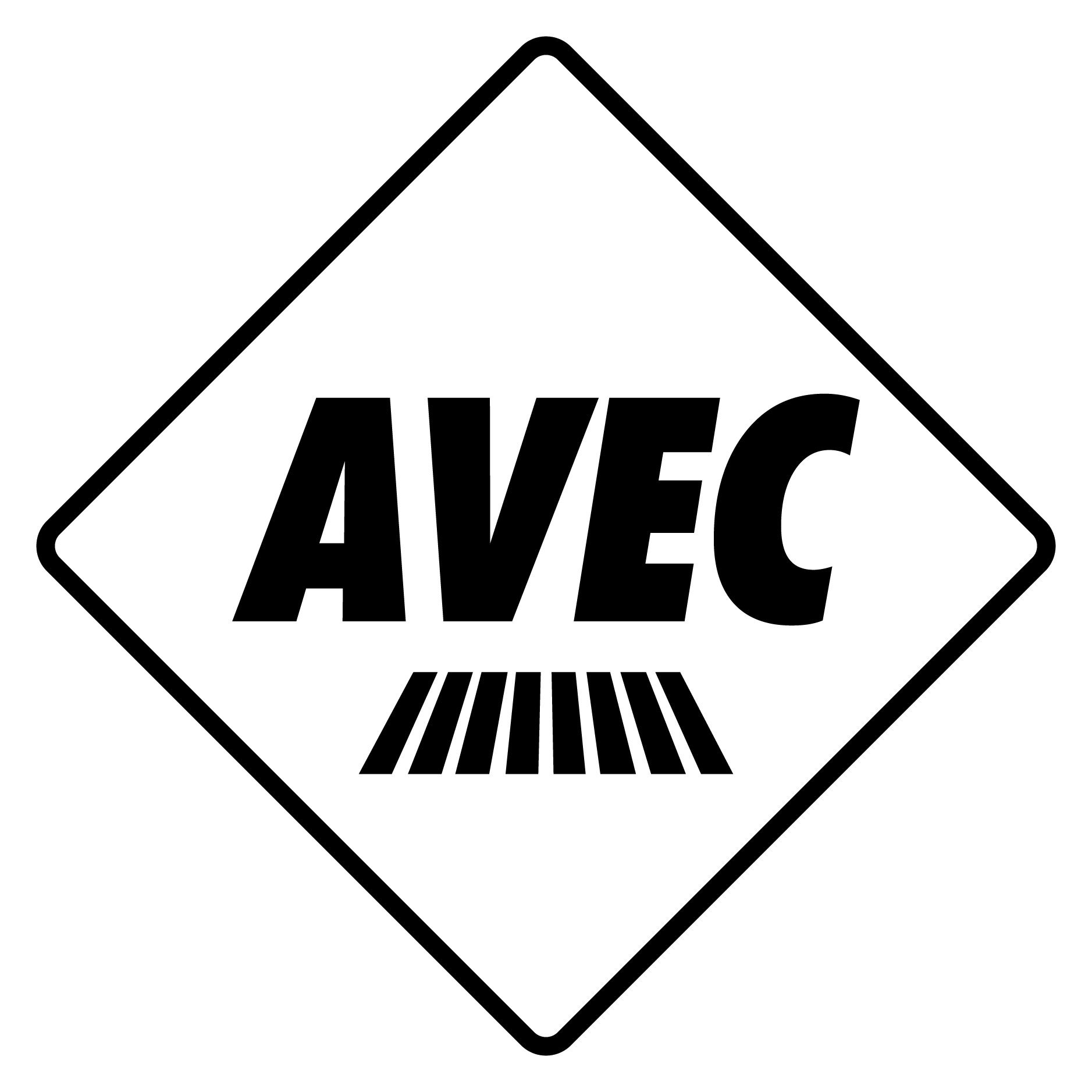Anti-Money Laundering (AML) Policy
Avenida Crypto SA de CV
Anti-Money Laundering (AML) and Counter-Terrorism Financing (CTF) Internal Policy
Last Updated: November 2023
1. Introduction:
Money laundering and terrorism financing present significant risks within the cryptocurrency sector, jeopardizing both the integrity of our financial operations and the safety of our society. In response to these unique challenges, Avenida Crypto SA de CV has developed a comprehensive set of Anti-Money Laundering (AML) and Counter-Terrorism Financing (CTF) policies tailored to our cryptocurrency-related services. These policies are crafted to safeguard our organization and the broader cryptocurrency community from illicit financial activities, ensuring full compliance with international regulations and standards.
2. Collaboration with Authorities:
We are committed to fulfilling all reporting obligations as required by local and international authorities. This includes reporting any suspicious transactions, providing necessary information, and cooperating with law enforcement agencies when necessary.
We maintain an open and transparent relationship with relevant authorities. This includes sharing information and cooperating with investigations related to AML and CTF activities. Our aim is to facilitate the exchange of information to combat financial crimes effectively.
3. Customer Due Diligence (KYC):
Customer Due Diligence (KYC) is a critical component of our AML and CTF policies. It involves the comprehensive verification of the identity and background of our customers before they engage in transactions related to our services. We employ stringent procedures to confirm the identity of our clients, including the collection of government-issued identification, proof of address, and other relevant information. KYC measures are instrumental in preventing individuals with illicit intentions from utilizing our services for money laundering or terrorism financing.
4. Transaction Monitoring:
Transaction monitoring involves the continuous scrutiny of transactions conducted through our services to identify any suspicious or potentially illicit activities. Our monitoring systems use a combination of rule-based and behavior-based analysis to flag transactions that deviate from established patterns. When suspicious activity is detected, it is thoroughly investigated and reported as necessary to the relevant authorities to ensure compliance with AML and CTF regulations.
5. Reporting of Suspicious Transactions:
When our monitoring systems identify transactions that raise suspicion, we have a well-defined process for reporting these transactions to the relevant authorities. This includes the preparation and submission of Suspicious Activity Reports (SARs), which provide detailed information about the transactions in question. Our commitment to promptly reporting suspicious transactions underscores our dedication to upholding the highest standards of compliance.
6. Definition of Suspicious Transactions or Operations
We define unusual or suspicious transactions as financial activities or behaviors that deviate from established patterns and are not consistent with a customer's or counterparty's known profile. Unusual transactions can include large one-time deposits, rapid fund transfers, transactions involving high-risk jurisdictions, or any other activities that raise suspicions.
Specific thresholds and triggers are established to help identify unusual transactions. These thresholds may be set based on transaction amounts, frequencies, or other relevant factors. When a transaction surpasses these predefined thresholds or triggers, it is flagged for further review.
7. Determination of Risk Level
Our policy includes a comprehensive risk assessment framework. Based on this assessment, we determine the inherent risk level for each customer or counterparty. The framework considers various factors, including transaction history, geographic location, industry, and customer profile.
The determined risk level is categorized as high, medium, or low, in accordance with predefined parameters. High-risk customers or counterparties are those with characteristics or activities that may pose a greater risk of money laundering or terrorist financing. Medium-risk entities have moderate risk factors, while low-risk ones exhibit minimal risk indicators.
8. Training:
Ensuring that our personnel are well-informed and equipped to recognize signs of suspicious activity is a priority. We provide comprehensive training to our staff, including employees, on detecting and addressing potential money laundering and terrorism financing risks. This training covers a wide range of topics, from understanding red flags to legal obligations and reporting procedures. By continuously educating our team, we reinforce our commitment to preventing illicit financial activities and maintaining strict compliance.
9. Sanctions and Compliance:
Adherence to all applicable laws, regulations, and internal policies is imperative within our organization. We maintain a strong commitment to compliance with AML and CTF requirements and the broader legal framework. Violations of these policies may result in penalties, which can include fines, suspension of services, or legal actions. Our comprehensive compliance measures are in place to deter any non-compliant behavior, ensuring the integrity of our operations and the broader financial ecosystem.
10. Employee Due Diligence (EDD):
We conduct thorough Employee Due Diligence processes to screen and verify the backgrounds of our employees. Including background checks, reference verifications, and other appropriate measures to assess the trustworthiness and suitability of our staff. This proactive approach helps mitigate potential risks and ensures that our employees uphold the highest standards of integrity in their roles.
11. Supplier and Counterparty Due Diligence:
To maintain the integrity of our business relationships, we implement rigorous Supplier and Counterparty Due Diligence processes. The above involves the assessment and verification of the backgrounds and compliance standards of our suppliers and business partners. We conduct comprehensive evaluations, which may include reviewing their financial practices, adherence to AML and CTF regulations, and ethical standards. This diligent approach helps us establish transparent, trustworthy, and compliant partnerships, reducing the risk of any association with illicit activities.
12. Enhanced Due Diligence for High-Risk Customers:
For high-risk customers, we go beyond standard due diligence to implement Enhanced Due Diligence (EDD) procedures. EDD involves a more thorough examination of the backgrounds, transactions, and risk factors associated with high-risk clients. This may include ongoing monitoring of their accounts, additional identity verification, and a deeper understanding of their financial activities.
13. Commencement or Continuation of Contractual Relationships or Operations with Customers and Counterparties:
Before entering or continuing contractual relationships or operations with customers and counterparties, we conduct comprehensive Due Diligence to assess and verify their backgrounds, financial activities, and compliance with AML and CTF regulations. This includes a review of their risk profiles, transactions, and any potential red flags. By ensuring that our business relationships are established or maintained in accordance with these diligent practices, we aim to reduce the risk of any association with illicit activities.
14. Freezing of Funds for Individuals (Customers) Designated by the United Nations Security Council:
In compliance with international sanctions, we have established procedures to promptly freeze the funds and assets of individuals designated by the United Nations Security Council. This includes individuals associated with sanctions for reasons related to national security, terrorism, or other international concerns. We strictly adhere to these obligations to prevent any unauthorized access to funds and assets held by such individuals and provide relevant notifications to the Attorney General's Office of the Republic of El Salvador regarding the freezing of customer funds.
15. OFAC Sanctions Compliance
We are committed to complying with the regulations and sanctions imposed by the U.S. Office of Foreign Assets Control (OFAC). We strictly prohibit any transactions or business dealings with individuals, entities, or countries listed on OFAC's SDN list or subject to OFAC sanctions. This prohibition applies to all aspects of our operations.
In the event of identifying any match with OFAC's SDN list or any sanctioned entity or country, we immediately report such findings to the appropriate authorities, as required by law.
16. Termination of Business Relationships with Customers and Counterparties:
In certain circumstances, we may need to terminate our business relationships with customers and counterparties. This decision is made in accordance with our AML and CTF policies and may be based on factors such as non-compliance with regulations, the identification of suspicious activity, or elevated risk levels. Our commitment to compliance and the prevention of illicit financial activities may require us to take this action to ensure the integrity of our operations and to meet our legal obligations.
17. Customer and Counterparty Information Updates:
Customer and Counterparty Information Updates refer to the process of ensuring that the information about these parties is accurate and up to date. This involves regularly reviewing and verifying the information we have on our customers and the parties we do business with, such as suppliers or business partners, to ensure it is current. By conducting these updates, we aim to identify any changes in their risk profiles, transaction behavior, or other factors that may influence our compliance efforts.
18. Customer and Counterparty Records Management:
We uphold rigorous procedures for the secure storage and protection of sensitive information pertaining to our customers and counterparties. These measures encompass safeguarding against unauthorized access, ensuring data integrity, and adhering to legal mandates regarding record retention.
19. Enhanced Due Diligence for Politically Exposed Persons:
In accordance with regulatory requirements, we implement Enhanced Due Diligence (EDD) measures when dealing with Politically Exposed Persons (PEPs). EDD involves a deeper examination of the backgrounds, financial activities, and connections of PEPs. This may include ongoing monitoring, additional identity verification, and a comprehensive assessment of their transactions. These enhanced measures are designed to mitigate the higher risks associated with PEPs and ensure that our business relationships with them are in compliance with AML and CTF regulations.
20. Enhanced Due Diligence for New Product Development and the Use of New Technologies for Both New and Existing Products:
In our commitment to compliance, we apply Enhanced Due Diligence (EDD) measures when developing new products and implementing new technologies, both for new and existing offerings. EDD for product development involves a thorough assessment of potential risks, including those associated with emerging technologies, and their impact on AML and CTF compliance. This process ensures that we identify and address any vulnerabilities in the design and delivery of products while adhering to regulatory requirements. We aim to maintain the highest standards of compliance and security in our product development and technology integration efforts.
21. Enhanced Due Diligence for Electronic Transfers:
As part of our compliance measures, we implement Enhanced Due Diligence (EDD) specifically for electronic transfers, encompassing the documentation and verification of both the originator and beneficiary information. This includes detailed record-keeping and verification procedures for electronic transactions. EDD for electronic transfers is designed to identify and mitigate any potential risks associated with these transactions.
Contact Us
If you have questions or concerns about our AML Policy, please contact us at email: info@avenidacrypto.com.



